
Sure It’s Alzheimer’s? Insights into Lewy Body Dementia
Lewy Body dementia is the 2nd most common form of dementia. See
experts at America’s top medical center, The Mayo Clinic, improving the lives of people who struggle with it.

Lewy Body dementia is the 2nd most common form of dementia. See
experts at America’s top medical center, The Mayo Clinic, improving the lives of people who struggle with it.
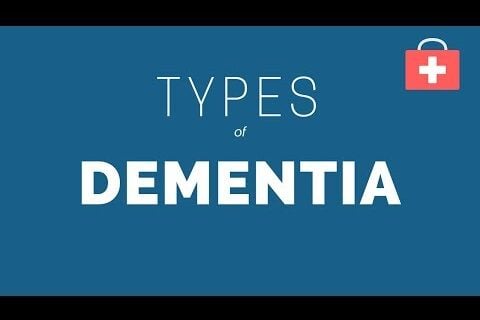
This “Overview for Med Students” sums up 5 common types of dementia: Alzheimer’s, Parkinson’s, Lewy body, vascular and frontotemporal dementia. Watch now.
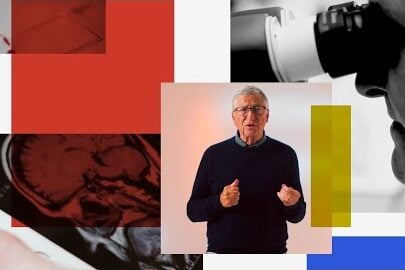
Bill Gates says, “I am blown away by how much we have learned about Alzheimer’s disease over the last couple years.” See his compelling video and insight-filled blog post.
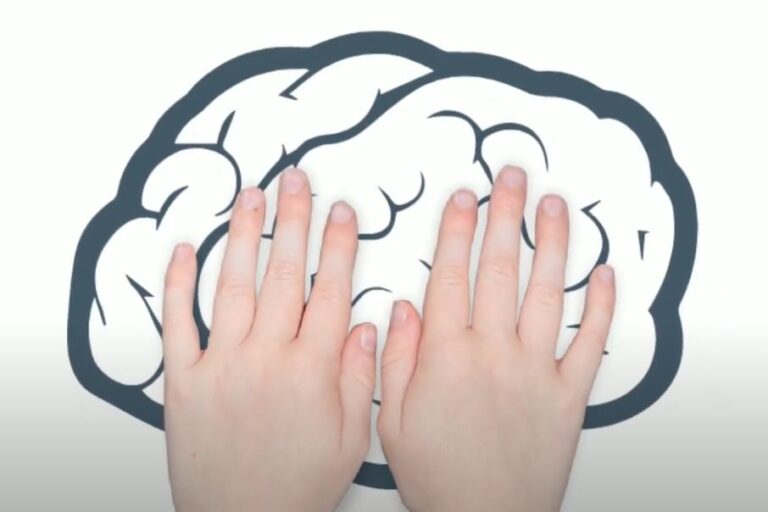
UNDERSTANDING DEMENTIA – VIDEO:
Blood moves through our body in tubes comprising “the vascular system.” See why vascular leaks or clogs trigger vascular dementia, stroke and heart attacks. Learn how to keep your vascular system clean, strong and healthy.
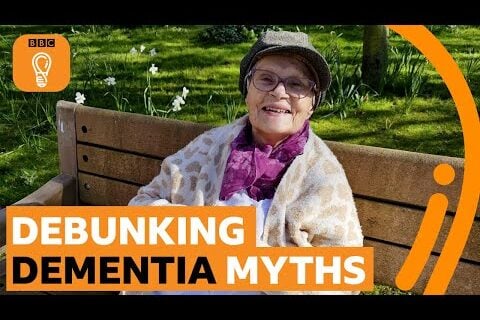
Does dementia always begin with memory loss? Three people living with dementia reveal common misconceptions about their diagnoses.
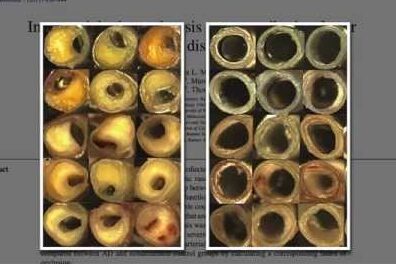
VIDEO: Vascular neglect triggers Alzheimer’s decades before symptoms appear. See how to use that knowledge to lower risk and slow its advance.

Twenty percent of people over 65 have mild memory and thinking problems that don’t interfere with day-to-day life. Doctors call this MCI, short for Mild Cognitive Impairment. Find out more about what it is and what to do about it.
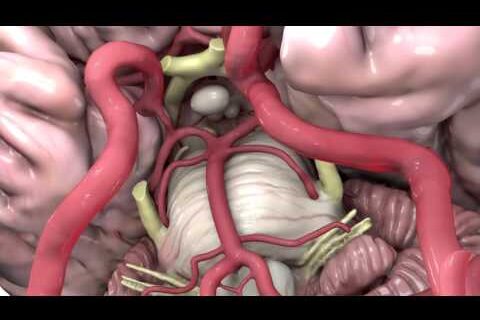
EXCEPTIONAL VASCULAR DEMENTIA VIDEO ANIMATION: Vascular deterioration in brains affects nearly everyone by 70. Aging arteries can trigger Vascular Dementia, or Vascular Cognitive Impairment. See the basics on its causes. Learn some tips on how to prevent it.

(Video & Article) L.A.T.E. Dementia is frequently misdiagnosed as Alzheimer’s. That’s why, in January 2025, researchers created new guidelines. It affects millions of people, approximately 40% of people over 80. How is it recognized? What makes it different?
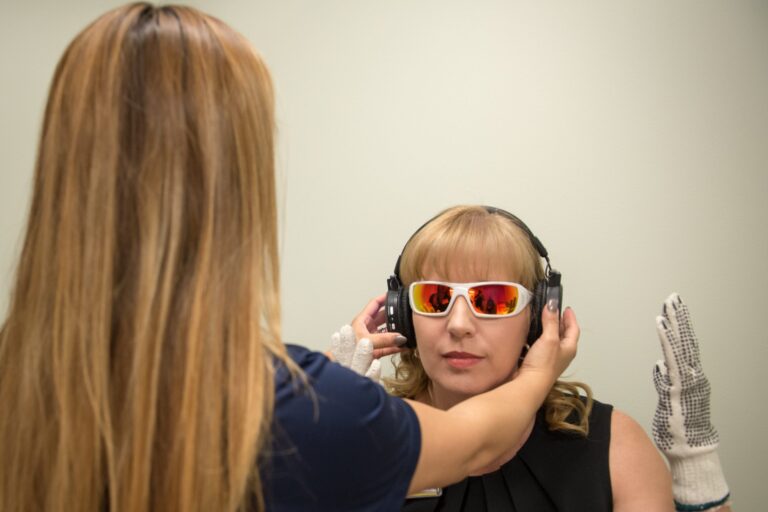
VIDEO & ARTICLE: 500,000 family and professional caregivers have experienced The Virtual Dementia Tour®. It simulates Alzheimer’s for caregivers. It boosts their level of care and motivation. See how it works.

This beautiful song captures a son’s dedication to his father with Alzheimer’s. Starting from his window in a care facility, the gorgeous imagery unfolds into a most moving music video.

Australian researchers show nanoparticles that contain curcumin, from turmeric, not only prevent cognitive deterioration, but also reverse the damage. Find out more about this exciting development.

Getting in and out of a car’s passenger seat may not be simple, once dementia sets in. Learn the skills needed.

SHORT-TERM MEMORY lapses are obvious signs of Alzheimer’s, but other tell-tale signals begin to show much earlier. Learn how to look for semantic impairments, such as simple questions about size.

Three important dementia studies focus on HS-AGING, a type of dementia almost as common as Alzheimer’s in the 85+ group. Yet few people have heard of it. Why? What makes it different?

An intriguing study of 120 grandmothers might surprise you. Doctors know socially engaged people have better cognition and less dementia. But can a person get too much of a good thing? What’s the right balance?

Enjoy this great duet between a musician with dementia and his son. A triumph of spirit over Alzheimer’s! Sing-a-long if you like!
No spam, only news and updates.
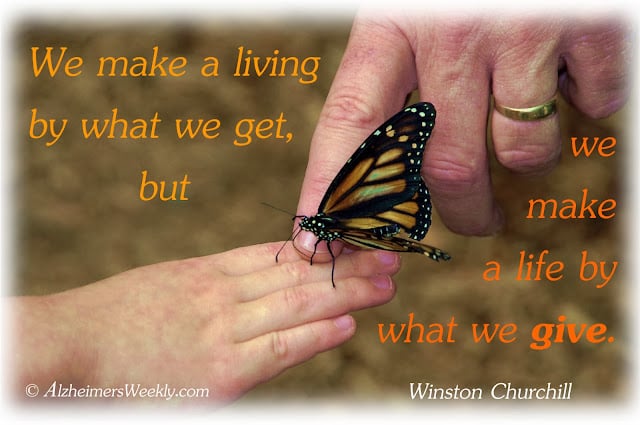
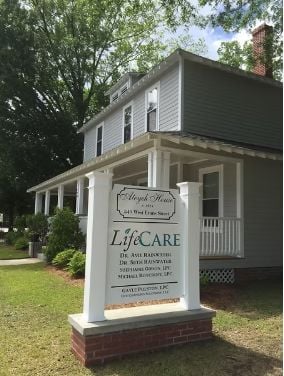

This site was inspired by my Mom’s autoimmune dementia.
It is a place where we separate out the wheat from the chafe, the important articles & videos from each week’s river of news. Google gets a new post on Alzheimer’s or dementia every 7 minutes. That can overwhelm anyone looking for help. This site filters out, focuses on and offers only the best information. It has helped hundreds of thousands of people since it debuted in 2007. Thanks to our many subscribers for your supportive feedback.
The site is dedicated to all those preserving the dignity of the community of people living with dementia.
Peter Berger, Editor